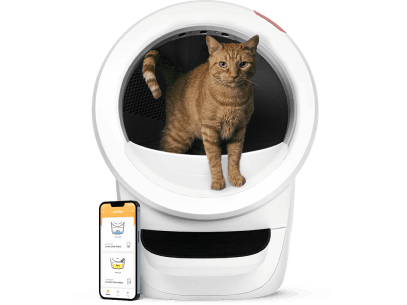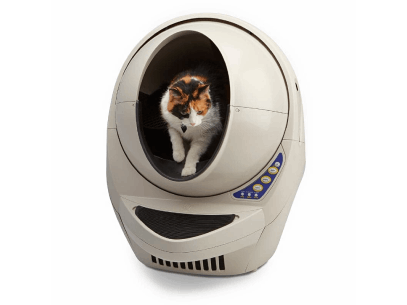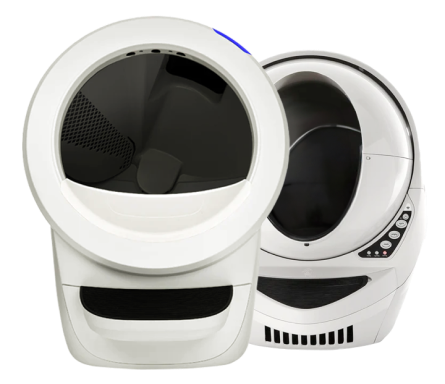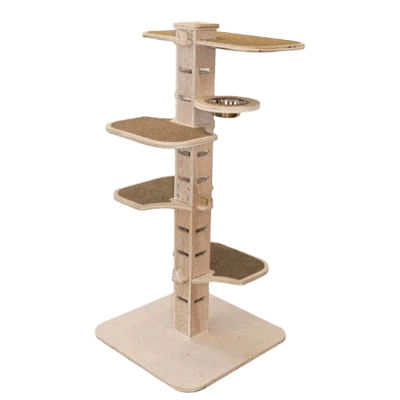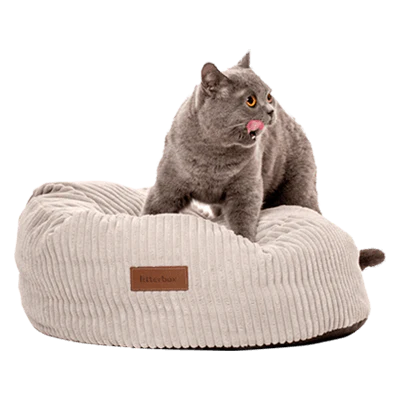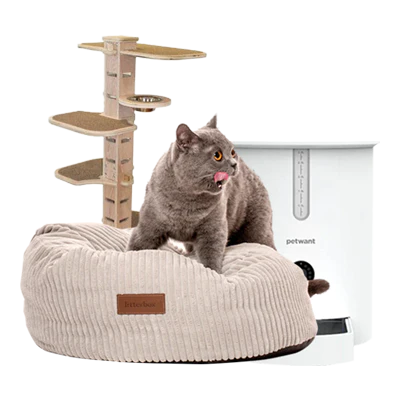When a cat begins to urinate outside its litter box, it signals potential underlying issues that require prompt attention. Cats rely on consistent routines and familiar environments for comfort, so changes in urination habits should be thoroughly investigated. This guide reviews both medical and behavioural causes—from urinary discomfort to environmental stressors—and offers actionable steps, including when to seek professional help.
Common Medical Reasons
How Can Urinary Discomfort Trigger Litter Box Avoidance? Issues like bladder inflammation or infection can make urination painful. In such cases, cats may associate the litter box with discomfort and avoid it. Your vet can help assess and diagnose these problems through urine testing.
What Role Might Kidney or Bladder Conditions Play? Conditions like chronic kidney disease or bladder stones may lead to changes in urination frequency or volume. These often require bloodwork and imaging to confirm, followed by dietary adjustments or medical treatment.
Could Diabetes or Hyperthyroidism Affect Urinary Habits? Yes. These metabolic conditions can lead to increased thirst and urination. Your vet may recommend endocrine testing and tailored treatment plans, including diet and medication, to support your cat’s well-being.
When Should You Consult a Vet? Sudden changes in urination, especially when paired with lethargy or changes in appetite, merit a vet visit. Early diagnosis can prevent further discomfort and more serious complications.
Behavioural and Environmental Triggers
Can Stress or Anxiety Cause Accidents? Stress can disrupt your cat’s normal routine. Triggers might include new pets, house moves, or even loud noises. Consider enrichment activities and calming tools such as pheromone diffusers to help ease anxiety.
How Is Marking Different from Litter Box Avoidance? Marking usually involves small amounts of urine sprayed on vertical surfaces and may relate to territory or stress. Litter box avoidance often involves larger puddles and different triggers.
Can Routine Changes Influence Behaviour? Cats thrive on predictability. Sudden changes in feeding times, family routines, or litter box location can cause anxiety. Gradual transitions and maintaining consistency can help.
What Are Common Behavioural Solutions? Provide quiet spaces, use calming products, and try placing multiple litter boxes in low-traffic areas. Reward-based reinforcement and routine playtime are also effective tools.
Litter Box Setup and Preferences
How Important Is Litter Box Hygiene? Very. Scoop daily (or use the Litter-Robot and don't scoop at all anymore!) and clean weekly with an enzymatic cleaner. Poor hygiene can drive even healthy cats away from the box.
How Many Boxes Do You Need for Multiple Cats? The ideal formula is one box per cat plus one extra. Cats often prefer their own space, especially when feeling vulnerable or stressed.
What’s the Best Litter Box Placement? Choose a quiet, accessible area far from food and water bowls. Avoid placing boxes near noisy appliances or in tight spaces.
Does Litter Type Matter? Yes. Some cats prefer soft, unscented clumping litter, while others may favour natural substrates like tofu or wood pellets. Testing different options can help you find the most comfortable choice.
Age-Specific Considerations
Why Might Kittens Have Accidents? Kittens are still learning. Ensure the box is easily accessible, cleaned regularly, and use positive reinforcement to encourage correct use.
How Does Ageing Affect Litter Box Use? Older cats may develop arthritis or cognitive changes that make it harder to reach or remember the box. Low-sided boxes in accessible locations can make a big difference.
What Adjustments Help Senior Cats? Use multiple low-entry litter boxes, provide steady routines, and monitor for signs of joint pain or disorientation. Regular vet checks are vital for catching issues early.
Environmental Factors
What Changes in the Home Can Affect Litter Habits? New furniture, renovations, or changes in household dynamics can stress your cat. Try to maintain a stable environment and introduce changes slowly.
How Do Multi-Cat Dynamics Influence Urination? Territorial tension or competition can prompt marking or avoidance. Ensure each cat has separate litter trays, feeding spots, and rest areas.
Does Outdoor Access Play a Role? Yes. Loss of outdoor access or increased stress from outdoor stimuli can affect indoor habits. Enrich indoor spaces and keep litter trays easily accessible.
Cleaning and Prevention
How Should You Clean Soiled Areas? Use enzymatic cleaners that break down urine molecules. Avoid ammonia-based products, which can encourage repeat marking.
What Preventive Steps Can You Take? Maintain clean litter trays, reduce stress with enrichment, use calming aids, and monitor your cat’s behaviour. Consistency and early intervention are key.
When Should You Seek Professional Help? If cleaning and behaviour changes don’t resolve the issue, or if medical symptoms appear, consult a vet or feline behaviourist for further support.
Monitoring and Tracking
What Should You Watch For? Track changes in urination frequency, volume, or location. Note any signs of stress, appetite changes, or discomfort. (See how the Litter-Robot tracks all of it!)
How Can a Journal Help? Keeping a record of incidents can help your vet or behaviourist identify patterns and provide tailored advice.
Why Does Observation Matter? Early signs are easier to treat. Regular observation helps you act before small issues become serious.
Final Thoughts
Sudden urination outside the litter box often signals deeper issues—whether medical, behavioural, or environmental. Clean litter trays, thoughtful setup, and routine monitoring can prevent repeat incidents. Consult a vet promptly for any concerning changes. With patience and attention, most cats return to their usual litter habits.
Frequently Asked Questions
Yes, cats are highly sensitive to stress. Changes in the home or routine can disrupt behaviour. Calming tools and consistent environments can help.
Scoop daily and clean with an enzymatic cleaner weekly. In multi-cat homes, clean more frequently.
Your vet may recommend urinalysis, blood tests, or imaging to check for urinary infections, kidney issues, or hormonal imbalances.
Occasional accidents are normal during training, but frequent ones should be discussed with a vet.
Yes. Vet-recommended diets can support urinary health and reduce accidents, especially in cases linked to kidney or bladder concerns.
